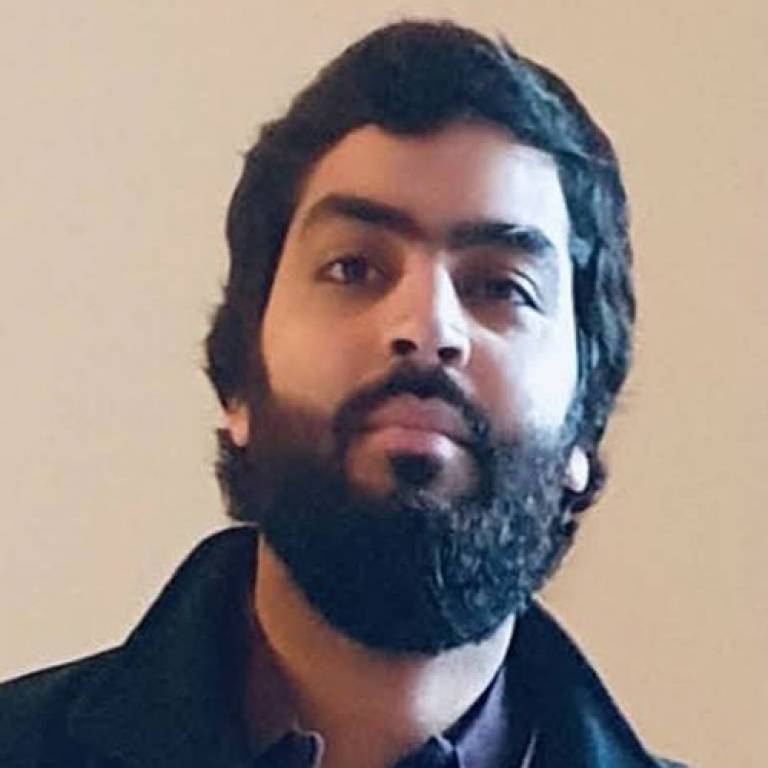Four Questions with Muhammad Omer
22 February 2021
Muhammad Omer has recently joined Electronic and Electrical Engineering as an Undergraduate Teaching Laboratory Technician. We asked him a few questions to get to know him better.

Tell us a little bit about your educational background.
My father started teaching me about engineering from a very young age. This knowledge and experience helped me to pursue an undergraduate degree in Electronic and Communications Engineering.
What do you like about working in Higher Education?
I’ve always enjoyed working in an educational environment inspired by teaching and sharing knowledge. I was able to experience, on a smaller level, how that feels when I worked as a Teacher Assistant after finishing my GCSEs. In that role, I was preparing, planning and presenting work programmes for both individuals and groups of students to help them develop and progress. My academic background infused with my work experience allowed me to successfully pursue and start a career in Electronic and Electrical Engineering in Higher Education.
What’s a work-related accomplishment that you’re really proud of?
I designed a real-time satellite tracking antenna interface. A system which enables the ground station to pinpoint and keep track of any chosen LEO (Low Earth Orbit) satellite, by automatically controlling the antenna’s azimuth and elevation axis rotations with minimal disruptions and almost no human interference over a long period of time. I designed and developed the whole system on my own; from creating the concept and simulating it, to building the circuit and writing the program.
Who inspires you?
My father, Dr Nader Omer. He was an Accident and Emergency Medicine Consultant, and is now a Professor in Electronic and Satellite Engineering. He has always been passionate about Electronics and Amateur Radio. After many years of working in the medical field, he left to pursue his interests by studying and achieving very prestigious qualifications in engineering, which led him to successfully build the first ever prototype satellite in Sudan.
 Close
Close

